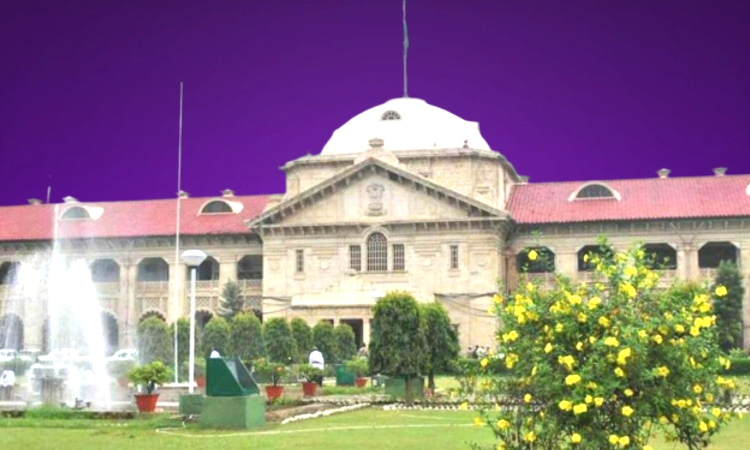Allahabad High Court Issues Notice To Attorney General, Advocate General On PIL Challenging Waqf Act
Sparsh Upadhyay
19 Oct 2022 2:35 PM IST

Next Story
19 Oct 2022 2:35 PM IST
The Allahabad High Court has issued notices to the Attorney General of India and the Advocate General on a Public Interest Litigation (PIL) plea moved before it challenging the constitutionality of the Waqf Act, 1995. The matter has been listed as fresh on December 15, 2022.Essentially, the bench of Chief Justice Rajesh Bindal and Justice J. J. Munir is dealing with a PIL Plea moved by...
